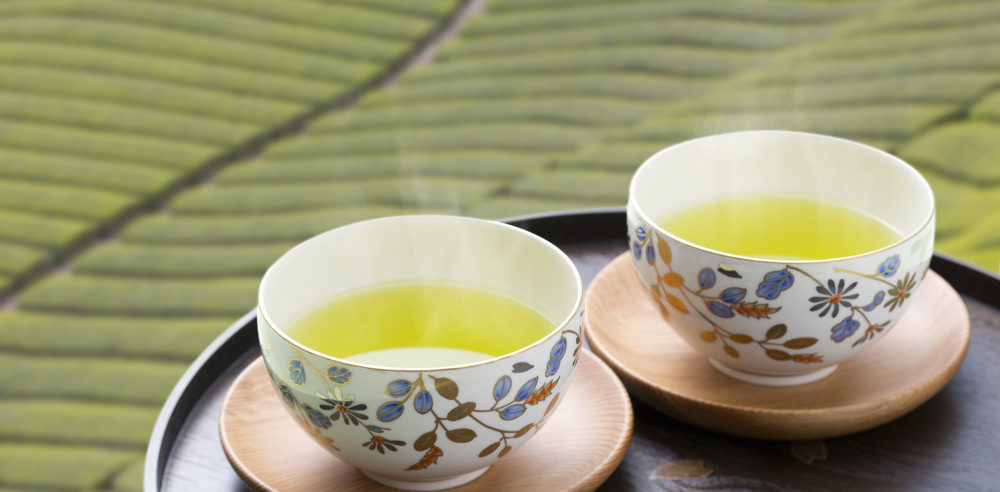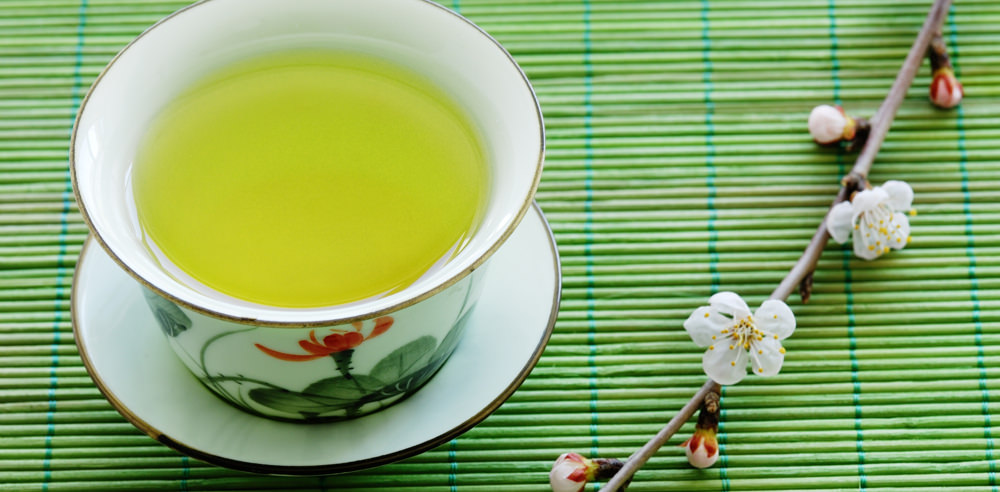
The very popular health drink, green tea just might be the best medicine for gingivitis. Various advanced studies show that regular consumption of green tea can lead to healthy teeth and gums.
Gingivitis is a mild gum disorder in which gums are inflamed and swollen due to a bacterial infection. As gingivitis is a milder form, you may not have significant trouble initially. But if this condition is left untreated, it could become a very serious gum disease leading to receding gums and periodontitis.
The American Dental Association states that gingivitis and periodontitis are the two major causes of tooth loss in adults. Therefore, gingivitis should not be taken lightly and should be treated in a timely manner.
Periodontics is a special dental field that deals with the prevention, diagnosis and treatment of oral diseases such as gingivitis and periodontitis. However, dental infections can be a burden on both your health and your wallet.
According to Centers for Medicare and Medicaid Services, Americans spent approximately $113.5 billion on dental care services in 2014 alone.
Evidence suggests that home remedies like brushing your teeth, flossing, gargling with salt water, using an effective mouthwash, and making use of herbal therapies are a great help in the fight against oral bacterial infections.
Green tea catechins, especially epigallocatechin gallate (EGCG), possess antibacterial properties. These catechins also control the acidity of your saliva and the development of dental plaque. Recent studies show that some toxic substances that cause oral diseases can be neutralized by the catechin EGCG.
Japanese researchers investigated the relationship between drinking green tea and the risk of periodontal diseases. The results showed lower incidences of disease in people who regularly drank green tea.
Because of the antibacterial properties in green tea, regular consumption can help fight gingivitis and also be an effective way of maintaining your dental health.
Hirasawa, M., Takada, K., Makimura, M., & Otake, S. (2002). Improvement of periodontal status by green tea catechin using a local delivery system: A clinical pilot study. Journal of Periodontal Research, 37(6), 433‑438.
Kushiyama, M., Shimazaki, Y., Murakami, M., & Yamashita Y. (2009). Relationship between intake of green tea and periodontal disease. Journal of Periodontology, 80(3), 372‑377.
Okamoto, M., Sugimoto, A., Leung, K. P., Nakayama, K., Kamaguchi, A., & Maeda, N. (2004). Inhibitory effect of green tea catechins on cysteine proteinases in Porphyromonas gingivalis. Oral Microbiology and Immunology, 19(2), 118‑120.
Sakanaka, S. & Okada, Y. (2004). Inhibitory effects of green tea polyphenols on the production of a virulence factor of the periodontal-disease-causing anaerobic bacterium Porphyromonas gingivalis. Journal of Agricultural Food Chemistry, 52(6), 1688‑1692.
Taylor, P. W., Hamilton-Miller, J. M. T., & Stapleton, P. D. (2005). Antimicrobial properties of green tea catechins. Food Science and Technology Bulletin, 2, 71–81.


